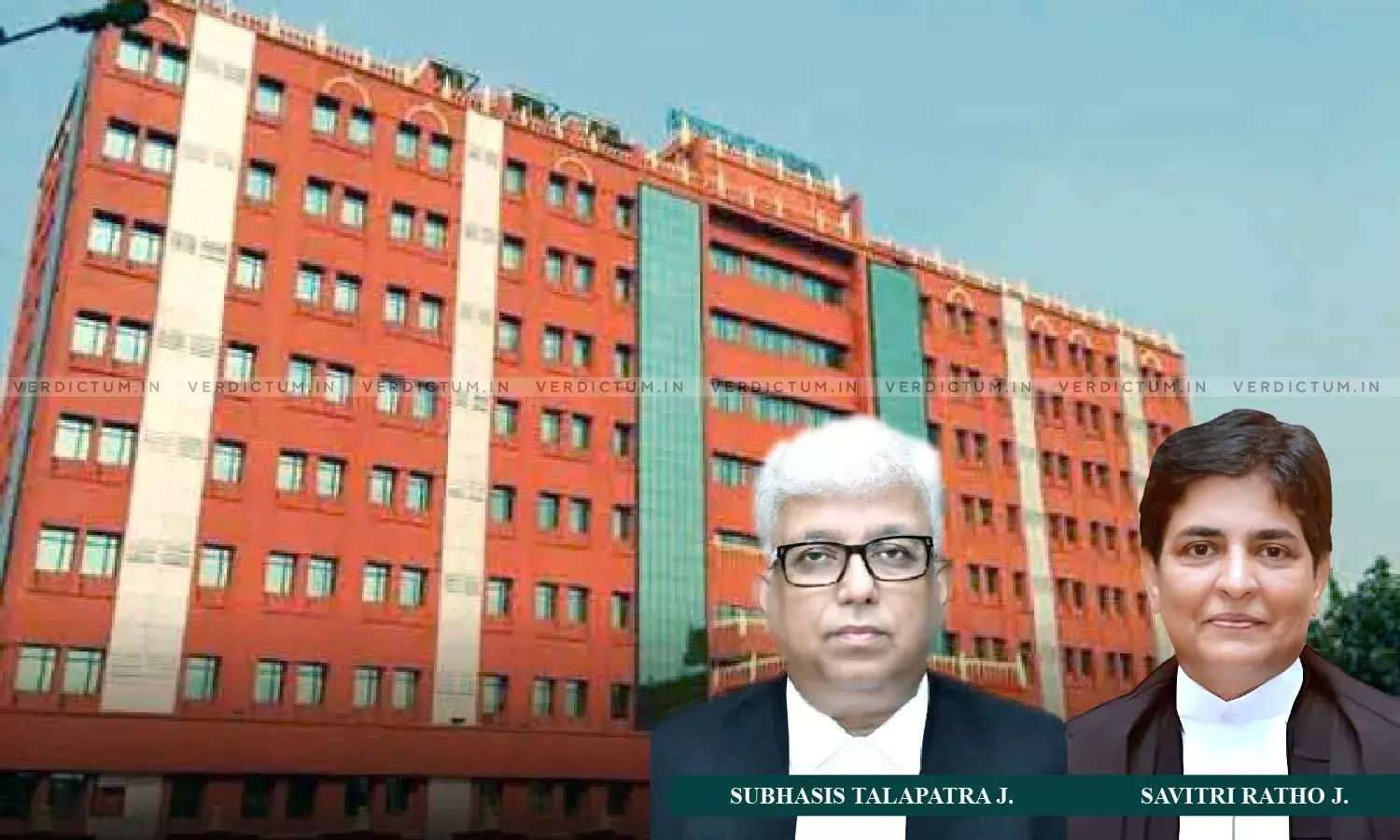Muslims Can’t Adopt Child Under Personal Law, Need To Follow Stringent Procedure Under Juvenile Justice Act: Orissa HC

The Orissa High Court has observed that Muslims cannot adopt a child under Muslim personal law. It said that they can adopt by following a stringent procedure under the Juvenile Justice (Care and Protection of Children) Act i.e., the JJ Act.
A Division Bench of Justice S. Talapatra and Justice Savitri Ratho held, “True it is that a Muslim can adopt a surrendered child but they have to follow the stringent procedure as laid down under the JJ Act and the Rules made thereunder, but not at their whim. So generally in the Islamic countries instead of adoption the guardianship is provided to a minor who needs care and protection. As such, we hold that the claim of adoption is unsustainable in law.”
The Bench further observed that while exercising the parens patriae jurisdiction for issuance of the writ of habeas corpus, the objections relating to territorial jurisdiction cannot have serious impact, in as much as the best interest of the minor must be protected by the court and that should not be restricted by the technical objection.
Advocate S. Sahoo appeared on behalf of the petitioner while AGA J. Katikia and Advocate Anshuman Ray appeared on behalf of the opposite parties.
Brief Facts -
The petitioner by way of his plea before the Court had sought the custody of a minor child aged 12 years to be restored in his favour who was the natural guardian being the minor’s father. He contended that the said child was forcibly confined and illegally detained by the opposite parties since the year 2015 who were his sister, daughter, and son-in-law.
The petitioner submitted before the Court that he was denied to meet his daughter despite a series of attempts made by him and had also reported the matter to the concerned police station along with the Child Welfare Committee (CWC) but no action was taken by the authorities. He, therefore, approached the court urging for issuance of a writ of habeaus corpus directing the opposite parties to produce the minor in the court and restore the custody to him.
The High Court in the above context noted, “It has been admitted by the parties that there is no practice in the Mohammedan Law, similar to adoption as recognized by Roman and Hindu system. The Opposite Parties No.6 to 11 have submitted that in Section 47 of the Juvenile Justice Care and Protection of Children Act, 2000, (in short “JJ Act”) there is provision for adoption. That is a secular provision. Section 41 of the JJ Act provides the detailed procedure for adoption. The primary purpose of adoption, according to the JJ Act, is rehabilitation of the children who are orphans, abandoned or surrendered in terms of prescription as laid down. That apart, stringent guidelines for adoption have been framed. Adoption is carried out through the Central Adoption Resource Agency (CARA, in short) following the procedure as laid down under sub-Section 5 of Section 41.”
The Court further noted that there is no doubt that the petitioner’s child was taken away from his custody and that the minor child was taken to the other jurisdiction.
“As we find that the minor daughter of the petitioner had been taken away from Rourkela, Odisha and was not returned despite repeated demands of the petitioner, the custody has turned out to be wholly illegal, in the circumstances of the case. We can, thus, conveniently hold that a part of the cause of action arose within the territorial limit of this court. That apart, as we have already noted that when the interest of the child is concerned, the court can also exercise its parens patriae jurisdiction in as much as the child is incapable of representing herself”, said the Court.
The Court observed that in absence of adoption, the custody of the minor child is liable to be termed as illegal detention and even the kinship relationship is not sufficient to deprive the parents from getting the custody of their child and the detention of the child was sought to be justified by the pretext of adoption which does not exist in fact or in law.
“While passing this direction, we are aware that taking the child out of the custody of the Opposite Parties No.9 and 11 or from the custody of Opposite Parties No.6 to 11 is may cause emotional distress to the minor, but this is bound to be neutralized with the passage of time. … Merely because the Opposite Parties No.6 to 11 took care of the child for sometime or may be for a long time, they cannot retain the custody of the child. If the custody is not restored to the petitioner, the court will be depriving both the child and the parent”, held the Court.
Accordingly, the Court allowed the plea and directed the opposite parties to hand over the custody of the child to the petitioner.
Cause Title- Nesar Ahmed Khan v. State of Orissa & Others


